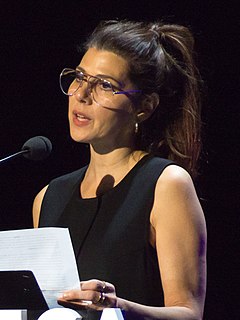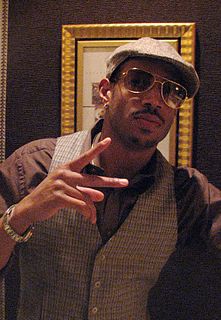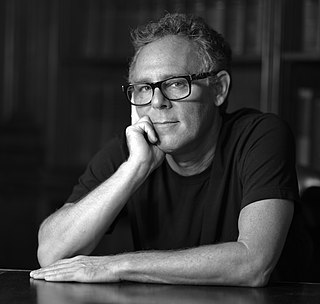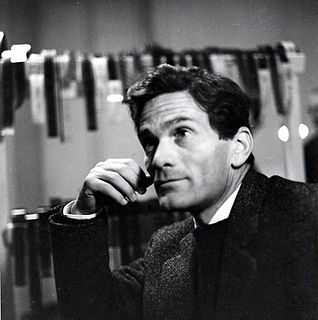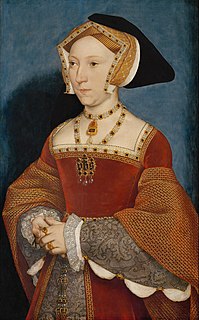A Quote by Sameera Reddy
When I did Mira Nair's film on AIDS, people told me to stay away from it and even asked me reasons why I chose to do a film on the stigma. My reason for choosing the movie is similar. It is a social reality and there is no harm being a part of a movie like this as it really dissects the reality of the crisis.
Related Quotes
I think the fantasy of being a movie star is more powerful than the reality. So, for me, even if it's not a great film or a great play I'm doing, to know that you went for it. You had an experience that made you grow artistically and personally. What's really satisfying is knowing that you did a good job.
Most people look at a feature film and say, "It's just a movie." For me there is no border or wall between fiction and documentary filmmaking. In documentaries, you have to deal with real people and their real feelings - you are working with real laughter, happiness, sadness. To try to reflect the reality is not the same as reality itself. That's why I think that making a good documentary is much harder than making a good feature film.
It's far easier to write why something is terrible than why it's good. If you're reviewing a film and you decide "This is a movie I don't like," basically you can take every element of the film and find the obvious flaw, or argue that it seems ridiculous, or like a parody of itself, or that it's not as good as something similar that was done in a previous film. What's hard to do is describe why you like something. Because ultimately, the reason things move people is very amorphous. You can be cerebral about things you hate, but most of the things you like tend to be very emotive.
For some reason, my main movie, Lady Sings the Blues, to me really isn't me. I really can let go of Diana Ross when I see the movie. I'm really objective when I'm watching it. I liked that movie so much. That movie was like magic so that when I'm looking at it I'm really not seeing myself, I'm seeing the actress. I'm seeing another person, not the me of me.
I like filmmakers where, if their film comes on and you step in halfway through it, you can recognize that, hey, this is a Coen Brothers film. Or, hey, this is a Stanley Kubrick movie. You can recognize some filmmakers. Like, if you put on a Sam Raimi movie, you can tell that it's a Sam Raimi movie pretty quickly. I like a signature style that people can recognize and relate to, and connect with. I think that is part of why we seek out certain directors. We want to see how they view the world.
No, I chose the name Jane Seymour because I was doing my first film, 'Ode to Lovely War,' and one of the top agents in England spotted me dancing in the chorus. I was a singer and dancer in that movie with Maggie Smith, um, and he told me he couldn't sell me as Joyce Penelope Wilhelmina Frankenberg.
No, I chose the name Jane Seymour because I was doing my first film, 'Oh! What a Lovely War,' and one of the top agents in England spotted me dancing in the chorus. I was a singer and dancer in that movie with Maggie Smith, um, and he told me he couldn't sell me as Joyce Penelope Willomena Frankenburger.

